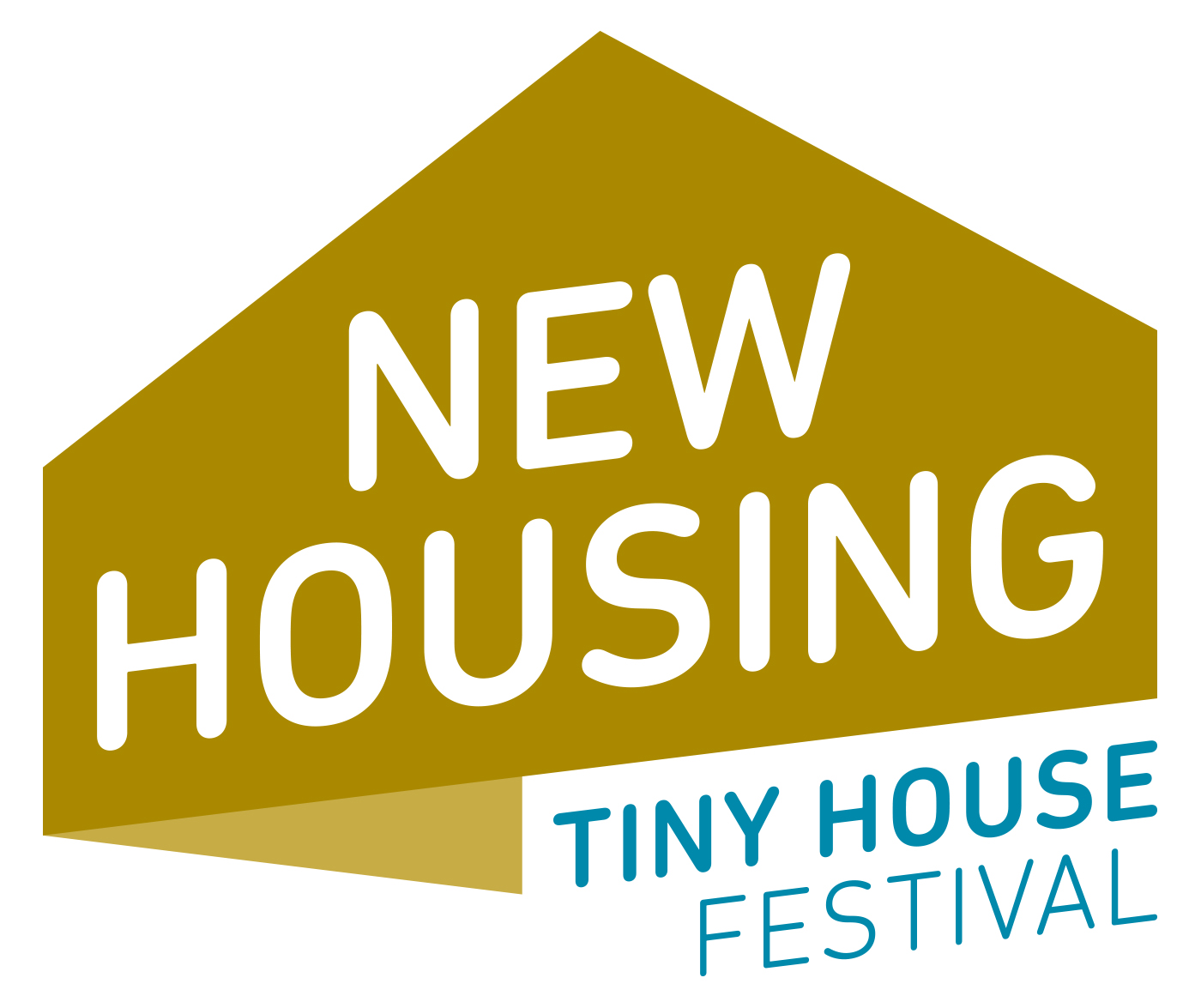With this checklist for land suitability
If you are looking for a suitable plot of land for your tiny house, there are a few things you should bear in mind. Here is a helpful checklist.
The journey to your own tiny house, modular house or other mini home usually begins with the search for a suitable plot of land. Although the former association "einfach gemeinsam leben" from Wolfratshausen in Bavaria has disbanded, it has published a checklist for property suitability. Here it is.

These questions need to be clarified:
- Is the plot big enough? There should be at least 150 square metres per tiny house plus possible communal areas.
- Is the plot developed or developable? If not, possibilities can be discussed with the Environmental Agency. If necessary, the owner can be found out. The official way to answer this question is usually via the land registry.
- The following questions should be clarified with the building authority:
> How is the area designated in the municipality's land use plan?
> Is there a development plan for the planned area? If so, what does it say?
> Is there a local design boundary?
> Is there a building window within which construction must take place?
TIP: Nothing works without a building authority when it comes to land suitability!
What happens next?
- Once all the requirements have been met, you can get started - first by submitting a preliminary building enquiry. This is best done in collaboration with an expert, such as an architect.
- This is followed by the building application with development plan. Attention: The access routes for the fire brigade must be taken into account. It is best for builders to speak directly with the fire brigade on site.
TIP: It pays off if car sharing, cargo bikes and other sustainable mobility concepts are included in the planning.
What should be considered when buying?
- It is worth looking at the standard land value. This may be available online from the respective municipality.
- Approximately 20 to 30 per cent of the standard land value can be assumed as the purchase price for undeveloped plots.
TIP: The standard land value is determined annually by the municipality for the various types of land (building land, arable land, grassland, etc.).
What should I bear in mind when renting?
- When renting, the tenant has the right to use the rented property. Please note: The rent only includes the use, but not the rights to the rented property.
- Example: If a property with fruit trees is rented, the tenant may enter the property and stay there. However, he may not harvest the fruit!
- The landlord must keep the rented property in a usable condition and is responsible for all maintenance costs, property tax, development costs and similar costs incurred.
TIP: The landlord can pass on the maintenance costs to the tenant on a pro rata basis in the service charges. This also includes costs for rubbish collection, street cleaning, waste water, heating costs and building cleaning.
What needs to be considered when leasing?
- In the case of a lease, the leaseholder also receives the added value of the leased property.
- Example: When leasing a plot of land with fruit trees, the tenant may enter the plot, stay there and also harvest the fruit. Even selling the fruit for a profit is permitted.
TIP: The lease is subject to tenancy law.
What is a leasehold?
- With a leasehold, the tenant becomes a temporary owner. He therefore has all the rights and obligations of an owner.
- If the leaseholder no longer wants the property after some time, he or she cannot simply cancel the contract. The property must be sold by the end of the contract period.
TIP: At the end of the contract period, the land is transferred back to the lessor, i.e. the owner.
How high is the rent or lease price?
- Whether rent, leasehold or ground rent - the monthly amount to be paid is always a matter of negotiation between the owner and tenant or leaseholder.
- The price depends on various factors. These include the geographical location, the condition, the question of whether a property is developed or not, the utilisation and so on.
Visitors to NEW HOUSING from 28 to 30 June at the Karlsruhe Trade Fair Centre can obtain in-depth information on the subject of land. Further information on NEW HOUSING can be found at www.new-housing.de.


